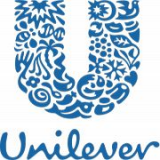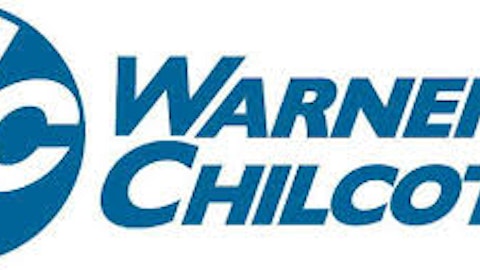In the newly released list of World’s Most Respected Companies in 2013, Barron’s featured several non-U.S. companies, including Unilever plc (ADR) (NYSE:UL) and Nestle. While Unilever ranked eleventh with mean scores of 3.24, Nestle was in the sixteenth position. Should we invest in these highly respected non-U.S. firms at their current prices? Let’s find out.
Unilever

The company reported that around 55% of its turnover was derived from the emerging markets, a much higher percentage compared to its direct global competitor, The Procter & Gamble Company (NYSE:PG), with 37% of the total revenue coming from emerging markets. Unilever plc (ADR) (NYSE:UL) could benefit in the future by the recent increase in Hindustan Unilever’s stake, from 52.7% to 75% with a total investment of $5.4 billion. Harish Manwani, the company’s COO, mentioned that Unilever has great growth opportunities in rural India which has a population of 700 million people.
Paul Poleman has restructured Unilever plc (ADR) (NYSE:UL)‘s business, divesting its food business to focus on Beauty and Personal Care in the emerging markets. Unilever had divested North American Frozen Foods for $267 million and Skippy peanut butter for $700 million in cash. In the first half of 2012, it expanded its footprint in beauty and personal care sector by spending $694 million on Concern Kalina, the Russian owner of Black Pearl and Silky Handscreams. The market values Unilever at around 17.3 times its forward earnings.
P&G and its $10 billion cost savings program
Unilever has a lower valuation than The Procter & Gamble Company (NYSE:PG). The market values P&G at 17.8 times its forward earnings. Despite its higher valuation, The Procter & Gamble Company (NYSE:PG) could deliver a lot of value to its shareholders with its business restructuring and improvements under the leadership of CEO A.G. Lafley. Lafley would be expected to accelerate The Procter & Gamble Company (NYSE:PG)’s $10 billion cost reduction program. Activist investor Bill Ackman, one of the largest P&G shareholders, mentioned that a $10 billion cost cutting included $6 billion in COGS reduction, $1 billion in overhead savings, $1 billion in marketing efficiencies, and $2 billion in operating leverage.
Ackman estimated that with an EBIT (earnings before interest and taxes) margin of 4% and organic sales growth of 6%, The Procter & Gamble Company (NYSE:PG)’s EPS might reach $6 per share in 2016. When a simple multiple of 20 was applied, its share price might rise to $125 per share, a whopping 62% to its current trading price.
Nestle
Nestle ranked sixteenth in the list of the world’s most respected companies with a mean score of 3.17. Nestle has also grown its emerging market revenue share significantly, from 30% of the total revenue in 2001 to 45%. The company has undertaken a lot of effort to drive the business forward with its long-term approach, including building capabilities in terms of R&D, cost savings and channels, expanding its presence and performance in both emerging and developed markets, and doing further to enhance the company’s capabilities and its global leadership position.
In the first quarter of 2013, Nestle experienced good organic growth of 4.3% with total sales increase of 5.4% to CHF 21.9 ($23.21) billion. For full year 2013, the company confirmed its market outlook with an organic growth estimate of around 5%-6%, with improved margins and underlying EPS in the constant currency terms. The market values Nestle at around 16 times its forward earnings.
My Foolish take
All three consumer giants mentioned above could fit well in the long-term portfolios of investors. With their growing businesses in the emerging markets, Nestle, Unilever, and P&G could deliver decent returns for their shareholders in the long run. Unilever, with its recent business restructuring and the expansion in Indian markets, could experience significant growth. P&G’s business could improve substantially with a $10 billion cost cutting program, which could happen sooner than 2016 under A. G. Lafley’s leadership.
Anh HOANG has no position in any stocks mentioned. The Motley Fool recommends Procter & Gamble and Unilever.
The article 3 Consumer Giants for the Long Run originally appeared on Fool.com and is written by Anh HOANG.
Anh is a member of The Motley Fool Blog Network — entries represent the personal opinion of the blogger and are not formally edited.
Copyright © 1995 – 2013 The Motley Fool, LLC. All rights reserved. The Motley Fool has a disclosure policy.




